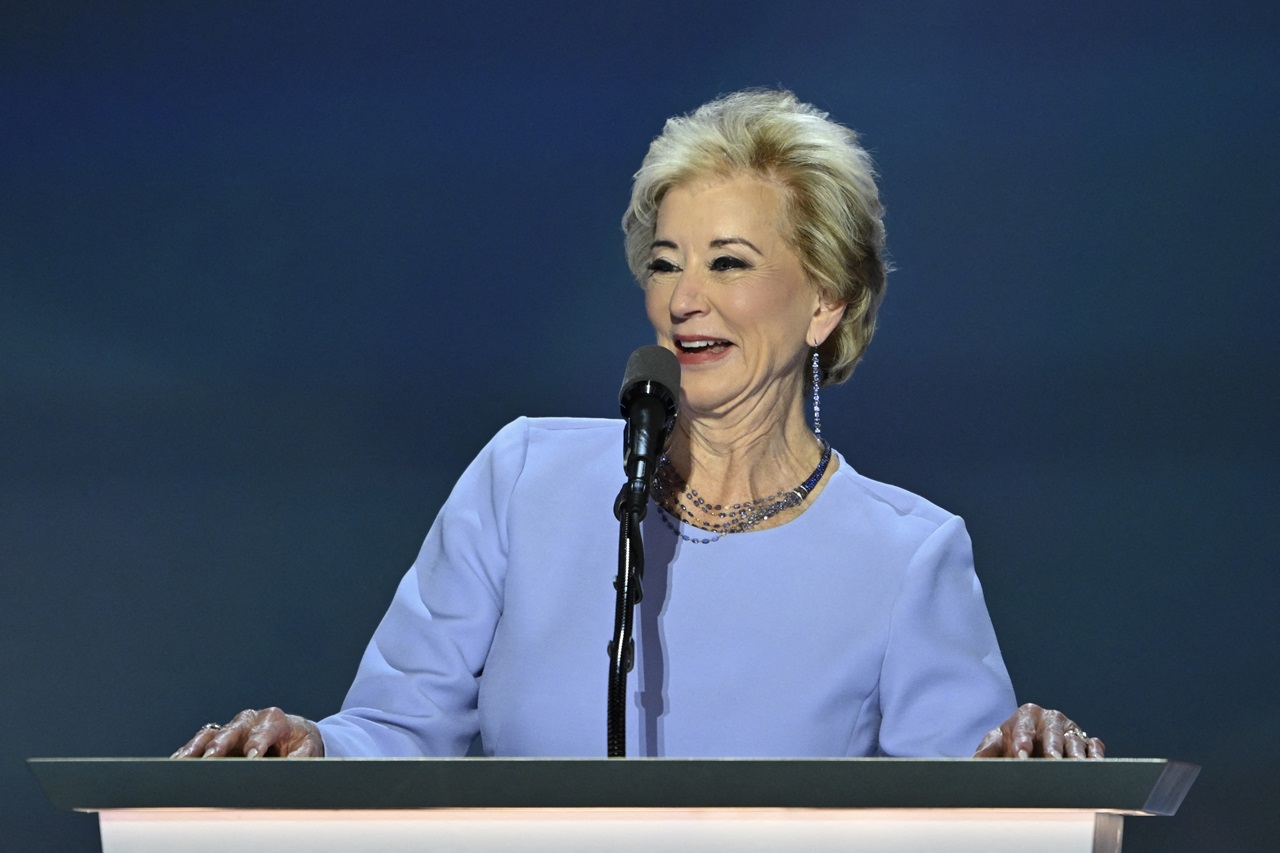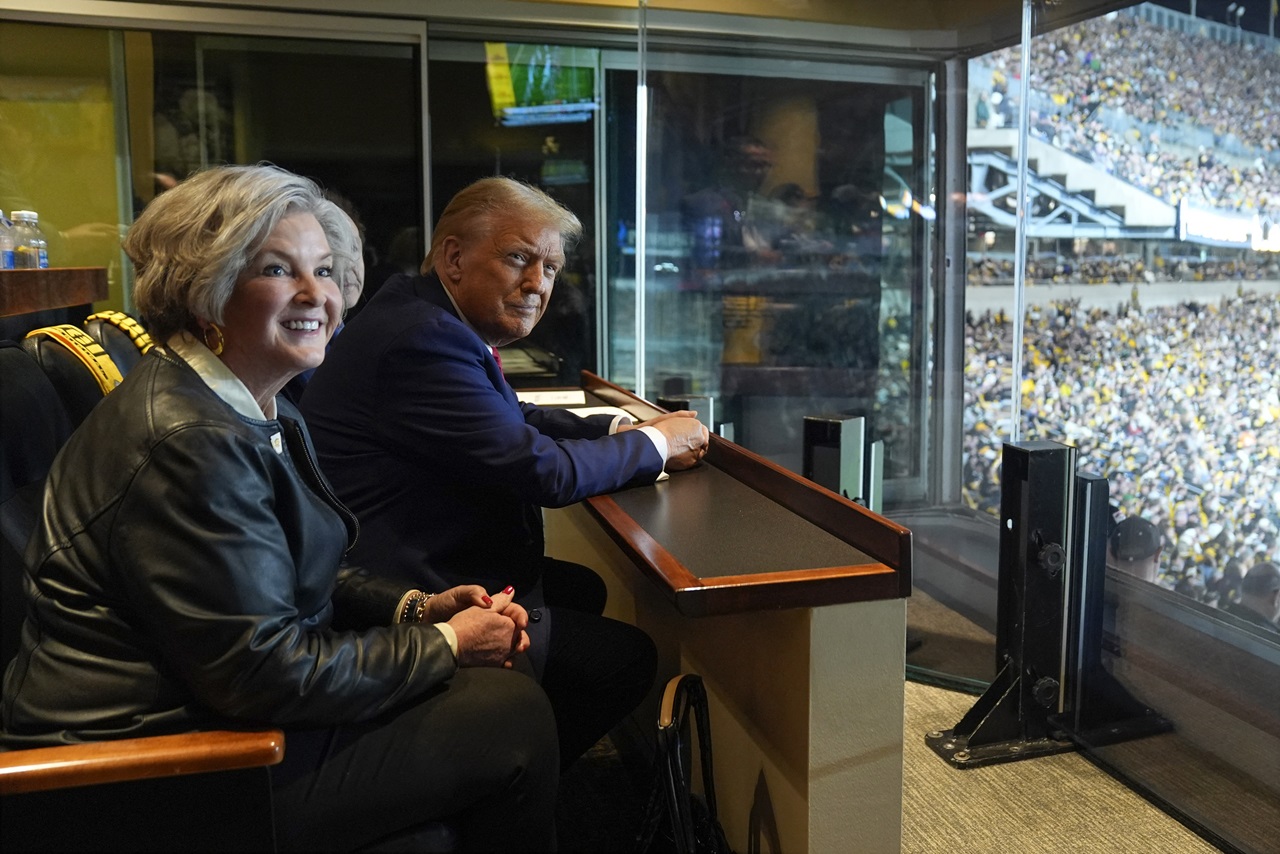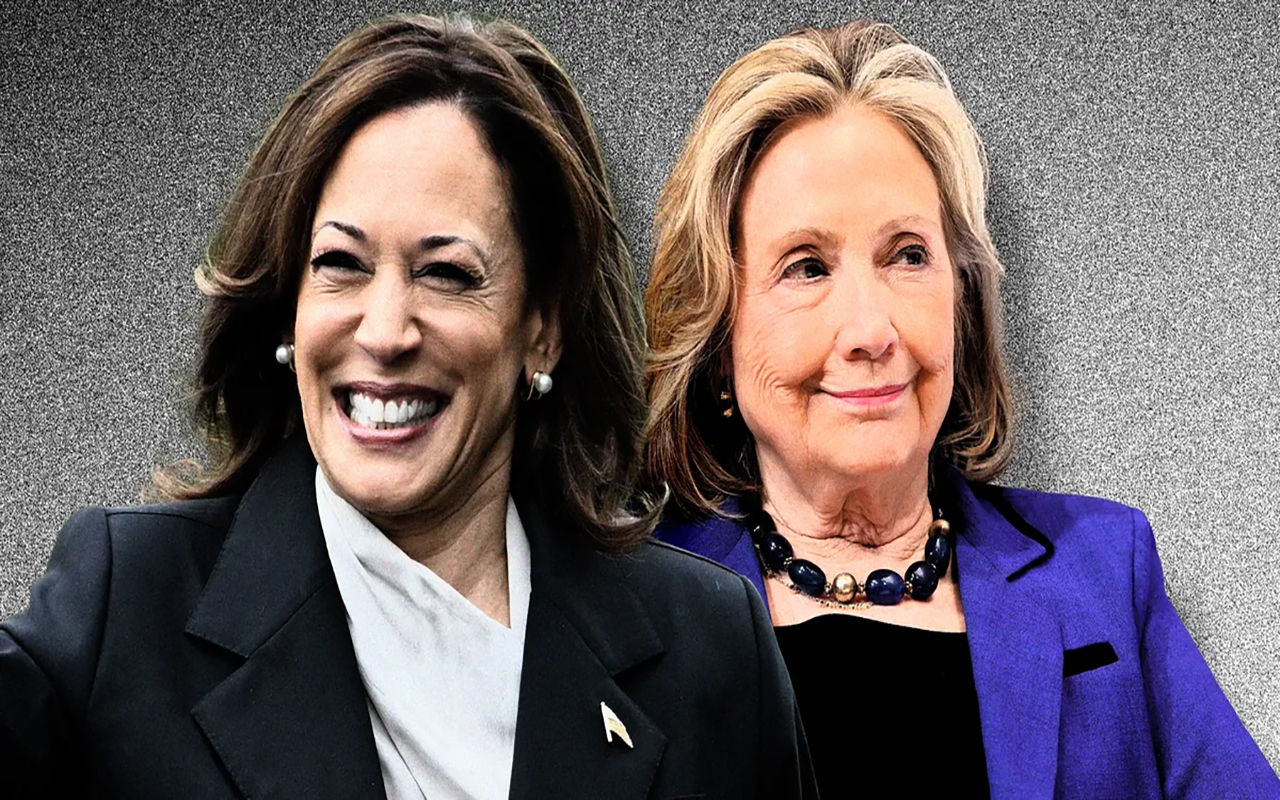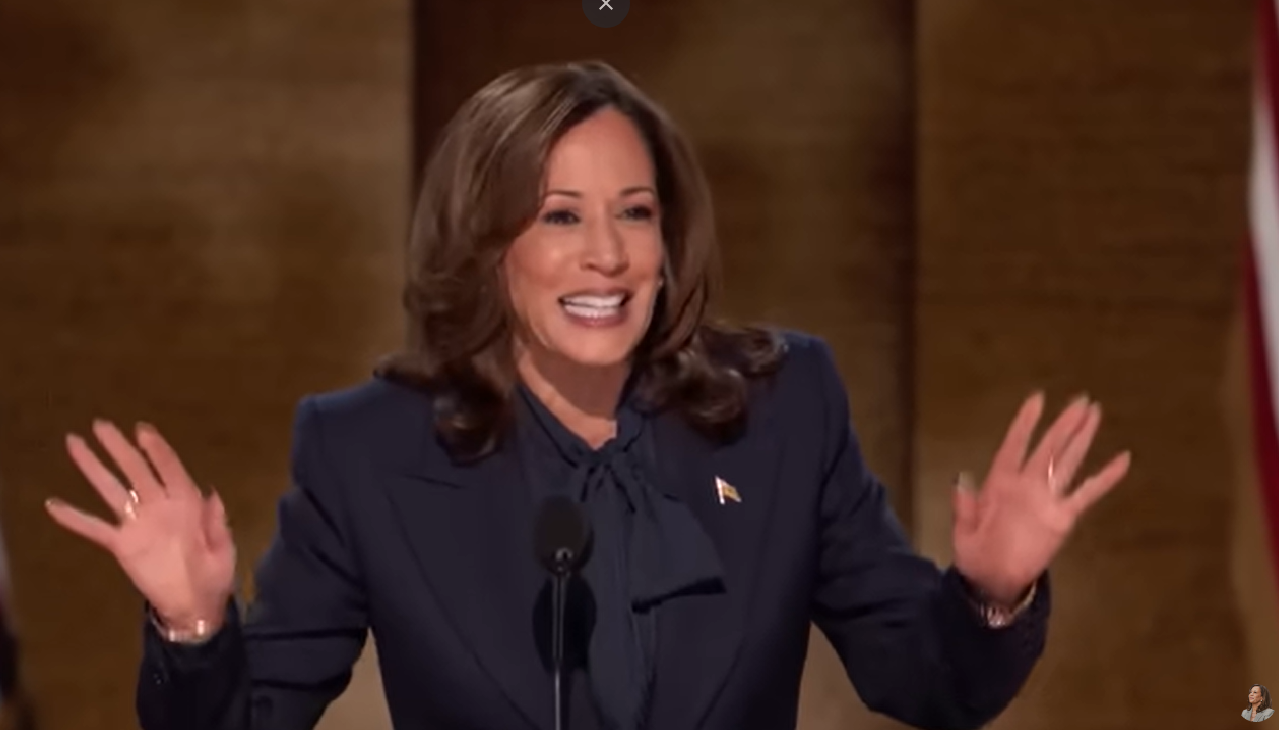“I take it personal”: María’s Mandate on Philly Politics
In the immediate aftermath of the guilty verdicts handed down in the trial against former IBEW Local 98 leader John ‘Johnny Doc’ Dougherty and Councilmember Bobby Henon, there was a deafening silence from just about everyone in City Hall.
In the game of Philly politics, that wasn’t all that surprising. With Dougherty at the top, Local 98 was the preeminent power broker in the city, donating millions of dollars every election season to candidates running for municipal and statewide office.
Councilmember María Quiñones-Sánchez is one of the few to still hold office that often found herself on the other end of that money.
“I don’t want to separate the fact that this particular union has invested more money than anybody else in trying to make sure that I don’t win re-election,” she said in a recent interview with AL DÍA. “And we’ve beat them four times over.”
It’s part of the reason why Quiñones-Sánchez took no issue in the aftermath of Dougherty and Henon’s convictions to speak out about the need to change the way business gets done at City Hall.
Beyond Rep. Jared Solomon at the state level in Harrisburg, she remains the only public official in Philly to say anything.
But to frame Quiñones-Sánchez’s public response to the corruption as solely an attempted one-up of political rivals is only part of the story.
Why Latinos don’t vote in Philly
For her, the reality of corruption in Philadelphia government is something she dealt with way before deciding to run for office. As a lifelong resident of her district, Quiñones-Sánchez has seen firsthand the depths of political rot that can be reached.
Take her predecessor in District 7 on City Council. Councilman Richard Mariano, backed by Johnny Doc’s IBEW Local 98, repped the district for 10 years between 1996 and 2006 before a bribery conviction sent him to jail for five years.
Twenty years before Mariano, when Quiñones-Sánchez was a teenager, District 7’s Councilman Harry Jannotti was one of three members of Philadelphia City Council convicted of accepting a bribe, extortion and conspiracy as part of Abscam. The FBI sting operation on public corruption also brought down a number of federal elected officials and marked the first time members of Congress were caught on tape accepting bribes.
At the state level, residents in parts of the district have also seen recent representatives like Leslie Acosta go down for conspiracy to commit money laundering and senators like Vince Fumo convicted of a total of 137 corruption charges.
It’s been a constant for the predominantly Latino district that consistently posts the lowest turnout of any district come election time.
“People will say to me: ‘Latinos don’t vote,’” said Quiñones-Sánchez. “And I try to explain to them that it’s because they don’t see a value in their vote because they’ve experienced all of this corruption.”
The word she used to sum it up was “apathy.” Apathy at the corruption, but also at a government that never seems to work for them, given the district also remains one of the most disinvested in the city. The combination makes it difficult for Quiñones-Sánchez to convince her constituents otherwise.
“I think that, unlike any other part of the city, in my district… it’s a hurdle that I face every single day,” she said. “So for me, this kind of activity, I take it very personal.”
When the indictments were first revealed against Dougherty and Henon, Quiñones-Sánchez also sat alone in calling on Henon to resign from council.
Those calls remained unanswered until the first Council meeting of 2022, as Henon tendered his resignation on the morning of Thursday, Jan. 20. He initially said he would stay until his sentencing on Feb. 22.
Cracking down on side jobs
Quiñones-Sánchez has also legislatively honed in on the issue that sat at the center of Henon and Johnny Doc’s trial — Henon’s $70,000-a-year union salary he collected for a post he maintained at the union while also being paid six figures as a member of City Council.
The union pay was what jurors determined Johnny Doc used to essentially buy Henon’s vote and control of his spot on city council.
Quiñones-Sánchez’s new bill, which was introduced on Dec. 16, 2021, puts a cap on what members of city council can make from side jobs at $25,000. That is a total amount of all side jobs an individual holds combined, not per gig.
In public appearances around the issue prior to introducing the bill, Quiñones-Sánchez seemed to fall more in line with the goal of banning all outside employment for councilmembers, but shows a level of compromise with the $25,000 cap.
“Anybody who serves in city council who says they have the time to do something else is not serving their constituents,” she said at the unveiling of her and Rep. Jared Solomon’s People Over Politics Petition on transparency in campaign financing on Nov. 29.
When talking to AL DÍA, Quiñones-Sánchez clarified that for her, city council is “more than a full-time job” representing some of the most challenged areas of Philadelphia, but did point to some side gigs that do further benefit the work done by city council, such as speaking engagements or taking an adjunct professorship.
These roles, she said, are “helpful to expanding in the worldview that people have of council, and the work that we do, the policy work that we’ve done.”
“Teaching at a college or doing educational work is very different than some of council who are having to be on the council floor and abstain because there’s a potential conflict of interest,” said Quiñones-Sánchez.
Expanding conflicts of interest
Speaking of conflicts of interest, the bill also demands more transparency when a councilmember could benefit financially from legislation being considered.
As it stands now, if a bill financially benefits a wide range of people in addition to the councilmember, a conflict of interest is averted. In Quiñones-Sánchez’s bill, a wide range of financial beneficiaries does not mean a conflict of interest doesn’t exist.
CONTENIDO RELACIONADO
The goal of the bill beyond limiting outside income is to increase transparency.
“I think the best we can do is ask people to disclose,” said Quiñones-Sánchez. “And then the voters have to make a choice about whether they want to continue to vote for someone that continuously has to abstain based on some of the conversations that are happening.”
For that same reason, she said she has not received much pushback from her city council colleagues on the bill despite their ongoing silence, which Quiñones-Sánchez also said she expects to change as the bill gets some committee hearings.
As for why she still finds herself as the only one speaking up now, the longtime member of city council referred to the lesson that’s taken the hardest for her to learn as part of the legislative body.
“People really do get elected by the constituencies they represent… they are respectful and loyal to the people who have been supportive of them,” said Quiñones-Sánchez.
It sounds like a really nice way to frame a dynamic where big money organizations like Local 98 can reign supreme, but she also said there needs to be some nuance to the approach.
“I think it’s okay for folks to say: ‘I’m aligned with Local 98 for everything they stand for, everybody knows they take care of their members, but at the same time, this kind of work crosses the line,’” said Quiñones-Sánchez, referring to the Johnny Doc case. “I think people need to find comfort in getting to that space.”
People Over Politics
Beyond the bill, she’s also pushing for more transparency around campaign finance through the People Over Politics Petition alongside PA Rep. Jared Solomon.
Its goal is to host a series of discussions in neighborhoods around the city to talk about campaign finance and begin to push the idea of the public finance of elections. Quiñones-Sánchez supported fellow Councilmember Derek Green in his push for public financing before the pandemic, and now she’s bringing it back.
“I think it’s an opportunity to have that conversation and try to get more input from residents about their willingness to do that,” she said.
In short, public financing would use tax dollars to fund candidates’ primary and general election campaigns. When Green was pushing it in 2019, the city was expecting a budget surplus of $439 million thanks to real estate and business tax incomes.
How Johnny Doc impacts 2023
Regardless of public officials’ interest in speaking about corruption in Philly government, the fact is, there is a mayoral election coming in 2023 where questions about the Johnny Doc verdict will be one every viable candidate will have to have answers for.
As for Quiñones-Sánchez’s potential run, it’s still just that on paper. She told AL DÍA that she’s “listening and talking to folks,” and “definitely” sees 2023 as a year of the woman.
Philadelphia has had 99 mayors in its history, all of which have been men.
“Definitely see highly-qualified women, and I want to remain in that mix,” said Quiñones-Sánchez of those being speculated to run. “But when I look at the field of who is aspiring and given my body of work, I absolutely see myself in the top two of that.”










DEJE UN COMENTARIO:
¡Únete a la discusión! Deja un comentario.